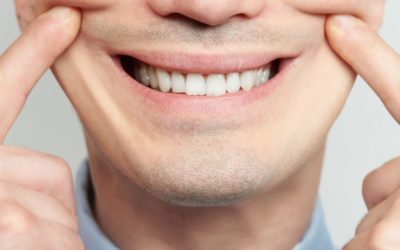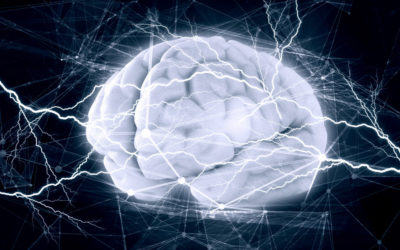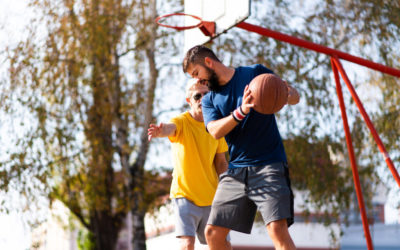Quick Hits
Daily brief research updates from the cognitive sciences

I reported in last week’s Quick Hits on how engaging in the arts has a relationship with self-control and avoidance of disagreeable and criminal behaviour and that is why this impressive piece of research published in February caught my eye.
In this Janneke van Leeuwen et al. map different types of art engagement to a detailed neural map of social centres. These types of engagement range from perceptual analysis, to animated dynamics (i.e. movement), to symbolic meaning, and personal significance.
I was impressed by the depth of this paper. Basically, what we can see is that each of these separate aspects of interacting with art activate networks in the brain that are strongly associated with social functioning.
In some respects, this should be actually logical — the arts are after all incredibly humanistic and engage our emotions and aesthetics.
This piece of research show to what extent this is so — all aspects of engaging with art engage multiple parts of the brain and recruits the same brain networks as those involved in complex social behaviour.
Good to know!

Andy Habermacher
Andy is author of leading brains Review, Neuroleadership, and multiple other books. He has been intensively involved in writing and research into neuroleadership and is considered one of Europe’s leading experts. He is also a well-known public speaker speaking on the brain and human behaviour.
Andy is also a masters athlete (middle distance running) and competes regularly at international competitions (and holds a few national records in his age category).
Reference
Janneke E. P. van Leeuwen, Jeroen Boomgaard, Danilo Bzdok, Sebastian J. Crutch, and Jason D. Warren
More Than Meets the Eye: Art Engages the Social Brain
Frontiers in Neuroscience
https://doi.org/10.3389/fnins.2022.738865
More Quick Hits
Yes, Fake Smiling Does Improve Your Mood
Can just smiling, even if fake, improve your mood? This has been proven, debunked, re-proven and now re-re-proven…
How Your Brain Decides to Help Others in Danger
In times of crises and danger we may hide and flee as our natural instincts would guide us, or do something else: put ourselves at danger and help others.
Two Types of Willpower
There are two types of will power – and one is much more effective…
Our Brains Seem to Use Quantum Computations
It has been proposed that our brain uses quantum processes but this is hard to prove – until now that is…
Insults Trigger the Equivalent of a Slap to the Face in the Brain
What do insults do to our brain wave patterns, do they degrade over time and how do they compare to compliments?
Even a Short Bout of Exercise Can Boost Brain Growth
Exercise is good for you – we all know that. But can just a single bout of exercise do you and your brain any good?






